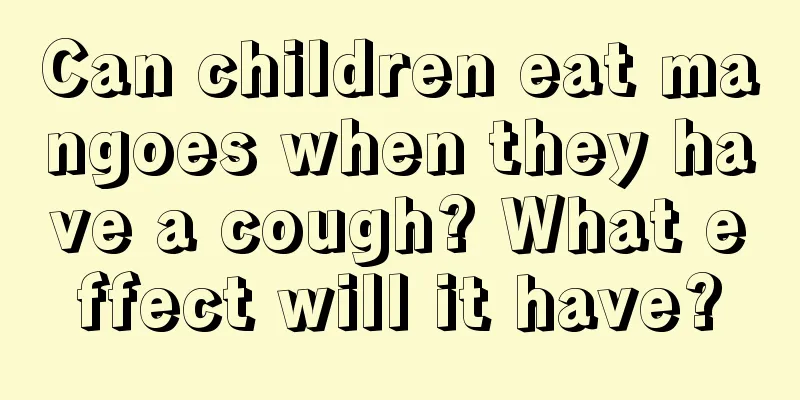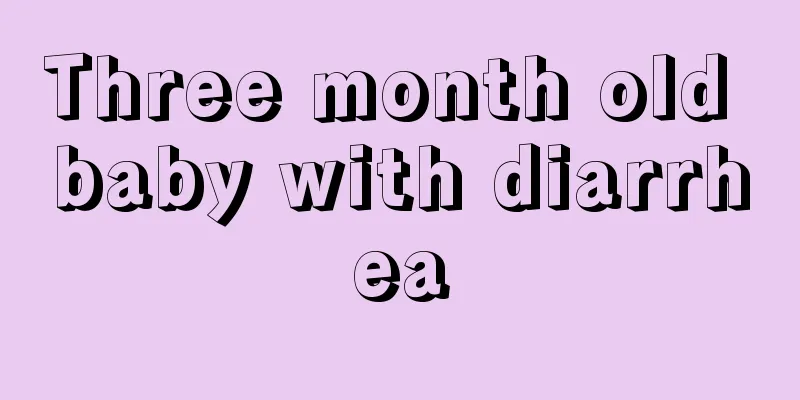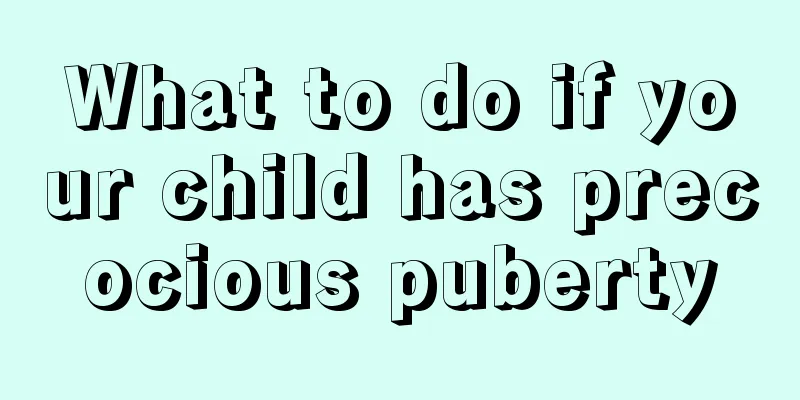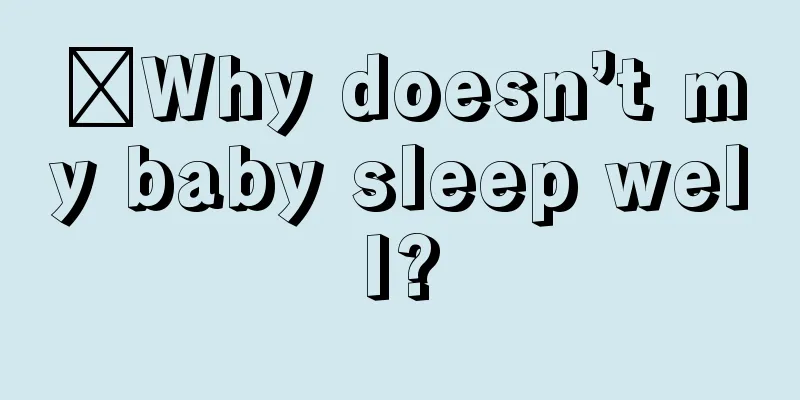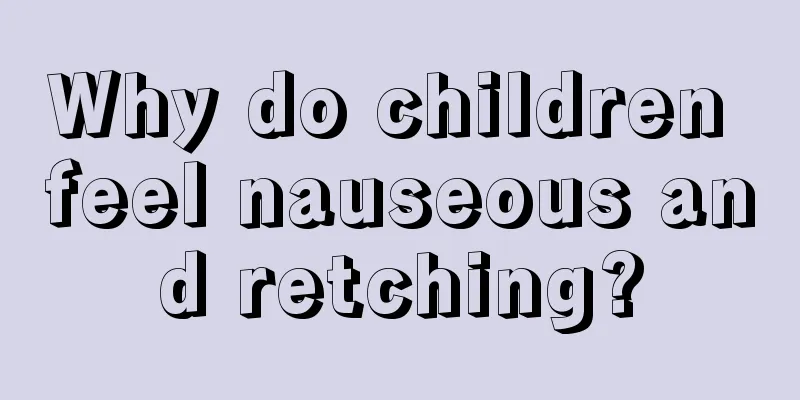What causes drool rash in children?
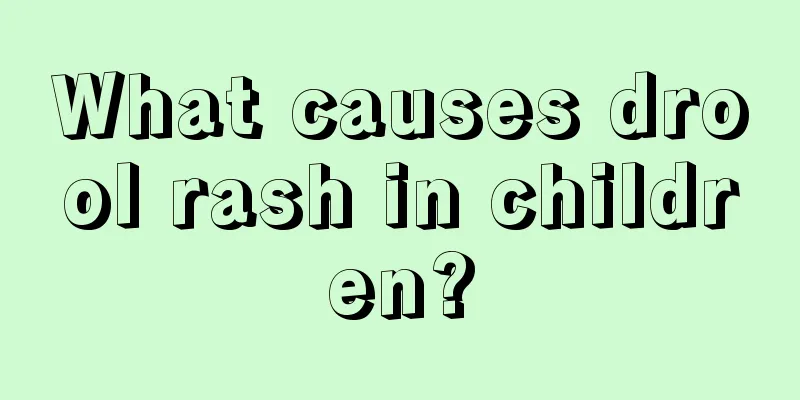
|
For some babies, they may suffer from some diseases in their lives, including some skin diseases, which will make their parents very worried. For example, after suffering from eczema, because the baby's body cannot be compared with that of an adult, the methods used by adults to treat eczema are sometimes not suitable for babies, so the treatment is still relatively troublesome. In addition to eczema, babies are also prone to drool rash. So, what is the cause of drool rash in children? What is drool rash? Drool rash is mostly due to frequent irritation of the skin such as moisture or friction from foreign objects, which can sometimes cause damage to the skin's stratum corneum. Its clinical manifestations include local skin flushing, pain, and mild swelling, and the most common sites are the corners of the mouth and other edges of the lips. It is generally a common disease in infants and young children. Babies often develop drool rash due to frequent drooling during the teething period. What causes drool rash? Baby drool rash usually appears during the teething period, usually after the baby is six months old. Babies often drool after they start to grow teeth. The main reason is that babies gradually transition from simply breastfeeding to eating normal food. Due to the stimulation of food, it is transmitted along the nerves to the salivary glands, which accelerates the secretion of saliva. When a baby changes from a lying position to a sitting or standing position, saliva easily flows out of the mouth, which manifests as increased saliva; the baby's mouth is small, the bottom of the mouth is shallow and there is no teeth to block it, and the baby cannot control the saliva in the mouth, which makes the saliva easily flow out of the mouth, which manifests as increased saliva; the swallowing function is poor in infancy, and the baby cannot use the swallowing reflex to swallow the saliva well, which makes the saliva easy to flow out, which manifests as increased saliva. In addition, babies around six months old are in the period when their deciduous teeth begin to erupt. The stimulation of the nerves during the eruption of the teeth will also increase the secretion of saliva, causing saliva to flow out easily. If the baby drools due to these reasons, it is a normal physiological phenomenon and does not require treatment. |
<<: What to do if your baby has otitis media
>>: What to do if a 7-year-old child has eczema?
Recommend
How to treat baby's itchy anus with traditional Chinese medicine
Children have limited physical resistance and are...
What fruits are good for children to eat in winter?
Children's physical growth and development is...
How to make quail eggs for babies
Quail eggs are suitable for babies to eat, mainly...
How long can a newborn baby be exposed to the sun?
"Confinement period" is something most ...
Is it okay for a two month old baby to sleep on his stomach?
We all know that when the baby is two months old,...
Scar repair after burns in children
When it comes to burns, many people are familiar ...
How to choose a baby pillow
When choosing a pillow, you must pay attention to...
What are the symptoms of rabies in children?
Nowadays, many families with babies have cats and...
Baby sleeping with tongue on the roof of the mouth
Many parents focus their attention on their child...
Should children’s loose teeth be extracted? Pediatric experts answer
It is very common for children to have loose teet...
Don’t take children’s ADHD symptoms lightly!
Attention Deficit Hyperactivity Disorder (ADHD) i...
How to treat mumps in primary school students?
Mumps begins to spread in late winter and early s...
Will the child start to grow taller?
The stage of children's growth and developmen...
Five month old baby with stuffy nose
The nasal cavity is the main way for everyone to ...
What are the causes of abdominal pain and vomiting in children?
In daily life, some children often suffer from ab...
